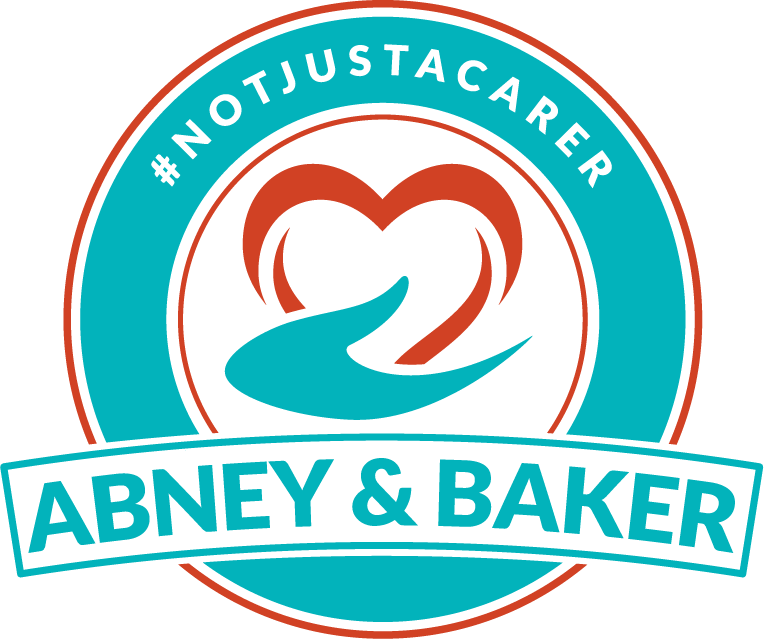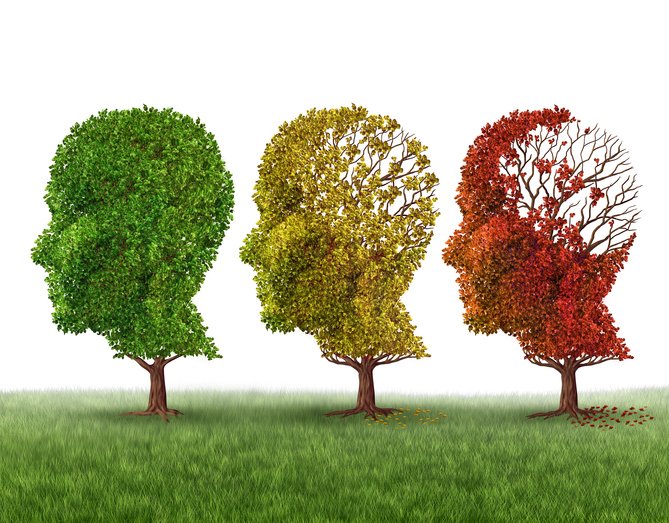Mixed dementia is a condition when an individual with dementia is affected by two types of dementia. The most common type is Alzheimer’s disease and vascular dementia.
If your loved one has mixed dementia they will experience symptoms that are a mixture of the symptoms common in each type of dementia. Mixed dementia is much more common in older age groups, particularly those over 75 years.
What Causes Mixed Dementia?
For individuals affected by Alzheimer’s and vascular mixed dementia, the main risk factors are older age, high blood pressure, and blood vessel damage in the brain.
However, there are other factors that can be widely varied depending on the type of dementia that an individual develops.
Does Mixed Dementia Progress Quicker Than Other Types?
The progress of mixed dementia can appear to be quicker, depending on the part of the brain affected. However, the progression of the disease can vary from person to person and what types of dementia they are affected from.
How Does Mixed Dementia Develop?
The correct diagnosis of dementia, especially mixed dementia, is extremely difficult. And there is always the risk of an inaccurate diagnosis, which can lead to missing out on interventions that could have been helpful for the unrecognised condition.
Mixed dementia symptoms can vary depending on the part of the brain affected. If your loved one has two types of dementia, the common symptoms associated with each type can be more noticeable, and they might progress rapidly.
Managing The Effects Of Mixed Dementia
If your loved one has symptoms of dementia, such as Alzheimer’s, they might be prescribed medication to help slow the disease and make it easier to live with.
However, if they have vascular dementia symptoms, they will have to make changes to their daily lifestyle. Their condition will need to be monitored, and they will need to get treatment of blood pressure problems to slow down and prevent the progression of mixed dementia.
Therapies For Mixed Dementia
Beyond drug treatments, other therapies can help reduce cognitive impairments and enhance your loved one’s quality of life.
These include:
cognitive behavioural therapy
cognitive stimulation therapy
cognitive rehabilitation
reminiscence therapy
An individual diagnosed with mixed dementia involving Lewy body disease might also be offered physiotherapy to help with physical movements.
Common Types Of Mixed Dementia
In some cases, individuals can be affected by a combination of three types of dementia. However, the most common types of mixed dementia are a mixture of two, such as:
Alzheimer's disease and vascular dementia
Alzheimer's disease and lewy body dementia
Alzheimer's disease and vascular dementia
Being the most common type of mixed dementia, it’s also the most progressive dementia. This means the individual's condition will sadly only worsen with time.
With this combination of dementia, your loved one will have two types of disease affecting their brain.
Alzheimer’s disease is caused by faulty proteins in and around brain cells. Specifically, the cells responsible for forming memories. Early-stage signs of Alzheimer’s disease include problems with memory, language difficulties, and confusion.
Like all vascular diseases, vascular dementia occurs when there is a problem with blood supply in their brain. This condition can be caused by a stroke or series of mini-strokes. In other cases, it can be due to the deterioration of small blood vessels over many years.
Vascular issues prevent brain cells from getting enough oxygen and nutrients. Therefore, they are not able to function properly. The symptoms of this condition depend on what part of the brain is affected.
Symptoms of Vascular dementia are slower processing of thoughts and information, it can also cause difficulties with planning or problem-solving, and trouble concentrating for more than a short period.
Alzheimer's disease and Lewy body disease
This mixed dementia, which is a combination of Alzheimer's disease and Lewy body disease, occurs less frequently but it’s still important to be aware of.
Lewy body disease is a health condition in which faulty proteins build up in the brain cells of people with Parkinson’s disease or dementia with Lewy bodies. In the late stages, this mixed type has distinct features that are not seen in other dementia. It affects different parts of your loved one's brain that control body movements, processing of sensory information and other cognitive abilities.
The intensity of symptoms can vary depending on the stages of dementia. People with Lewy body dementia often have very disturbed sleep and visual hallucinations. They can also have periods where their cognitive abilities decline and they go into confusion and disorientation. Memory tends to be less affected than people with Alzheimer's disease. Click here to learn more about the stages of lewy body dementia
Taking Care Of Your Loved One With Mixed Dementia
Individuals with dementia and similar health conditions can have a decent quality of life if they’ve got the right care and support. If you have a loved one with symptoms similar to dementia, you should talk to their GP as soon as possible.
Getting an accurate diagnosis can be the first step towards a better future for your loved one.
Progressive dementia, especially mixed dementia, sadly has no cure. However you can opt for therapies, such as cognitive rehabilitation, or for medicinal treatment that can slow down the progression.
The way forward from diagnosis will be to monitor the health of your loved ones and give them the best possible care and support to ensure the best quality of life.
Mixed Dementia Care & Support
It’s worth considering home care services for your loved one as early as possible in the process. Home care services are an umbrella term for personal care and domiciliary care. They can provide fantastic regular support for your loved one to ensure they can stay living happily and safely in the comfort of their own home.
At Abney & Baker our professional carers are trained to provide your loved one with assistance and companionship whilst still maintaining their dignity and independence.
Our pricing is also great value compared to moving into a care home, and the one-on-one quality of care is next to none.
Find out more about our award-winning Companionship Support Services in Melksham and Home Care Service in Midsomer Norton, Bath and surrounding areas here: https://www.abneyandbaker.com/how-we-can-help
Helping your loved one to continue living independently and confidently in their own home.
By providing a range of support at home, we’re helping many clients across Bath & North East Somerset and West Wiltshire retain their independence and stay in control in the comfort of their own homes.
Remember we’re always here if you want to chat about your care options. Just get in touch:
Call 0333 043 4880 - Email enquiries@abneyandbaker.com - Book a call here







